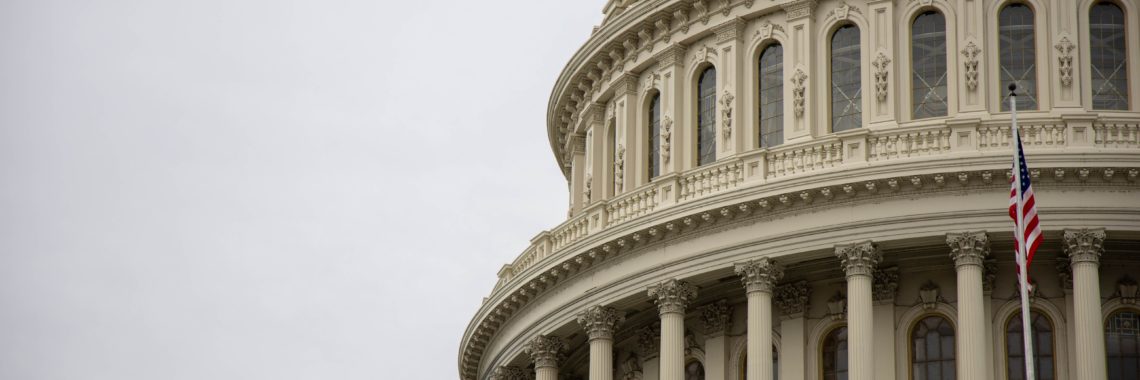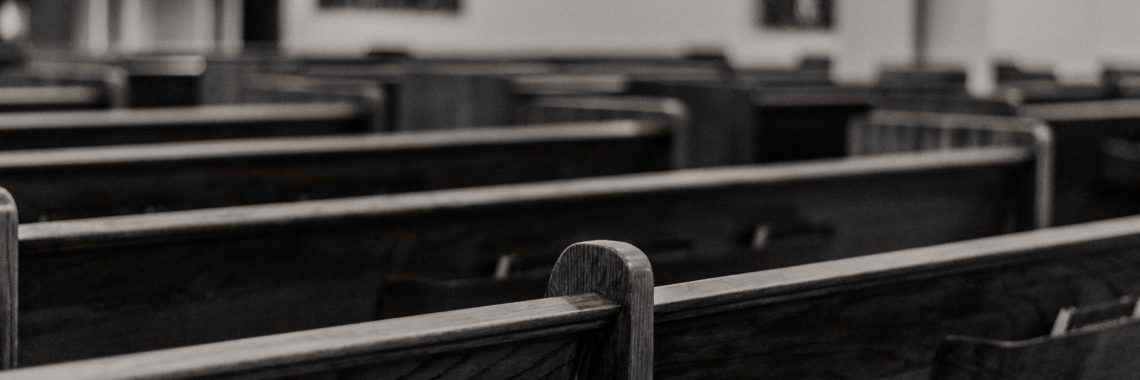“Angels Do Not Govern: Constitutional Sovereignty as a Response to Humanity’s Sinful Nature” by William E. Thro
Photo by Joshua Sukoff on Unsplash This article is part of our “Law, Religion, and the Constitutionalism” series.If you’d like to check out other articles in this series, click here. “If men were angels, no government would be necessary. If angels were to govern men, neither external nor internal controls on government would be necessary.…











